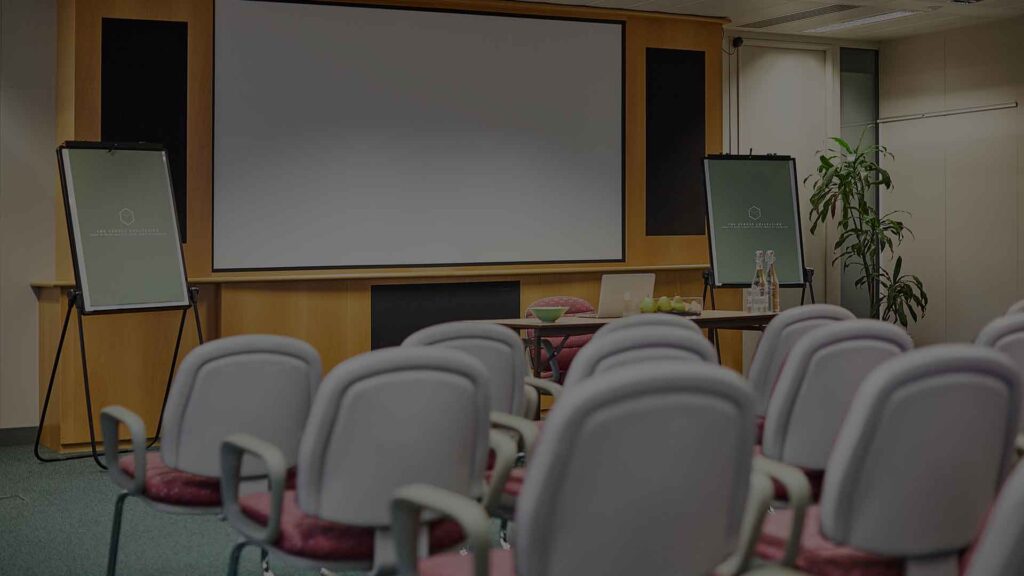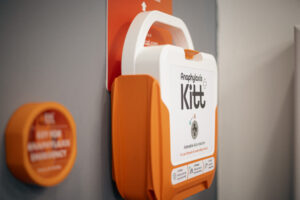
Are meetings effective?
In the workplace meetings are common. But the question is, are they effective? We’ve all sat in a stuffy room to attend a meeting that seems to go on forever. Hopefully, we’ve also experienced meetings where ideas flow and everyone comes away feeling motivated. The latter is the dream for any meeting, so we’ve put together a guide to improve your meetings and have everyone engaged.
Goals
There’s no point having a meeting if you haven’t set specific goals. Without them, you could just end up wasting valuable time. Always set out what you want to achieve and ensure you keep track of the conversation during the meeting. If things seem to be sliding off on a tangent, work it back round to the relevant topic. If you have a board in the room, write up your goals so your delegates can visualise them and improve focus.
Could it be sent in an email?
Many meetings are wasted when the points could be sent across in an email, such as simple questions or small updates. Obviously, some things need to be discussed in a group environment, like new ideas or problems, but don’t call a meeting over something insignificant. It will simply demotivate your team and make them dread meetings. Too many too frequently end up devaluing meetings and can lead to time being taken away that could have been very productive doing something else.
Results
Meetings will be more effective if you can draw tangible results from them. Record the results of each meeting as a representation of why you have them. Whether that be the flow of ideas, workload discussion or something more specific, keep a record of it. This also means you can send your results out to your delegates and make sure that everyone is aware of what actions they will need to follow after the meeting.
Attendees
Make sure only those directly involved in the meeting are present. It might be easy to call a whole team meeting but if the information isn’t relevant to some people, it may cause disruptions. Those who are disinterested may end up distracting others and casting an unproductive mood to the room. You also need to make sure that you are inviting people who are necessary and check their calendars for any conflicts before sending the invitations.
Distractions
One of the biggest distractions will be people’s mobile phones. To counteract this, you could make it clear at the beginning of the meeting that you don’t want mobiles to be used. Consider asking your delegates to hand them in before the session or leave them off in their bags or coats so no one will be tempted. There are many other distractions that can cause your meeting to become derailed or less effective, such as a room that is too cold or too hot, or uncomfortable, cramped seating. Keep the meeting short and sweet so no one gets restless. Focus can be lost quickly and is then hard to gain back.
Make improvements/follow up
After meetings, ask for people’s feedback. This way you can improve the next meeting. Your team will also be motivated by your dedication to improvement and actually listening to people’s opinions. If there are any follow-up points, be sure to get these out to people as soon as you can. Then delegates have time to reflect on the session.
If you are looking for flexible meeting spaces in Milton Keynes, look no further than Kents Hill Park. We have over 70 meeting rooms with free Wi-Fi, 800 parking spaces and great technology. We are located with excellent transport links to the rest of the country to make it easy for your delegates to attend. Don’t hesitate to get in contact with our friendly team today for more information.
Go back to other articles

